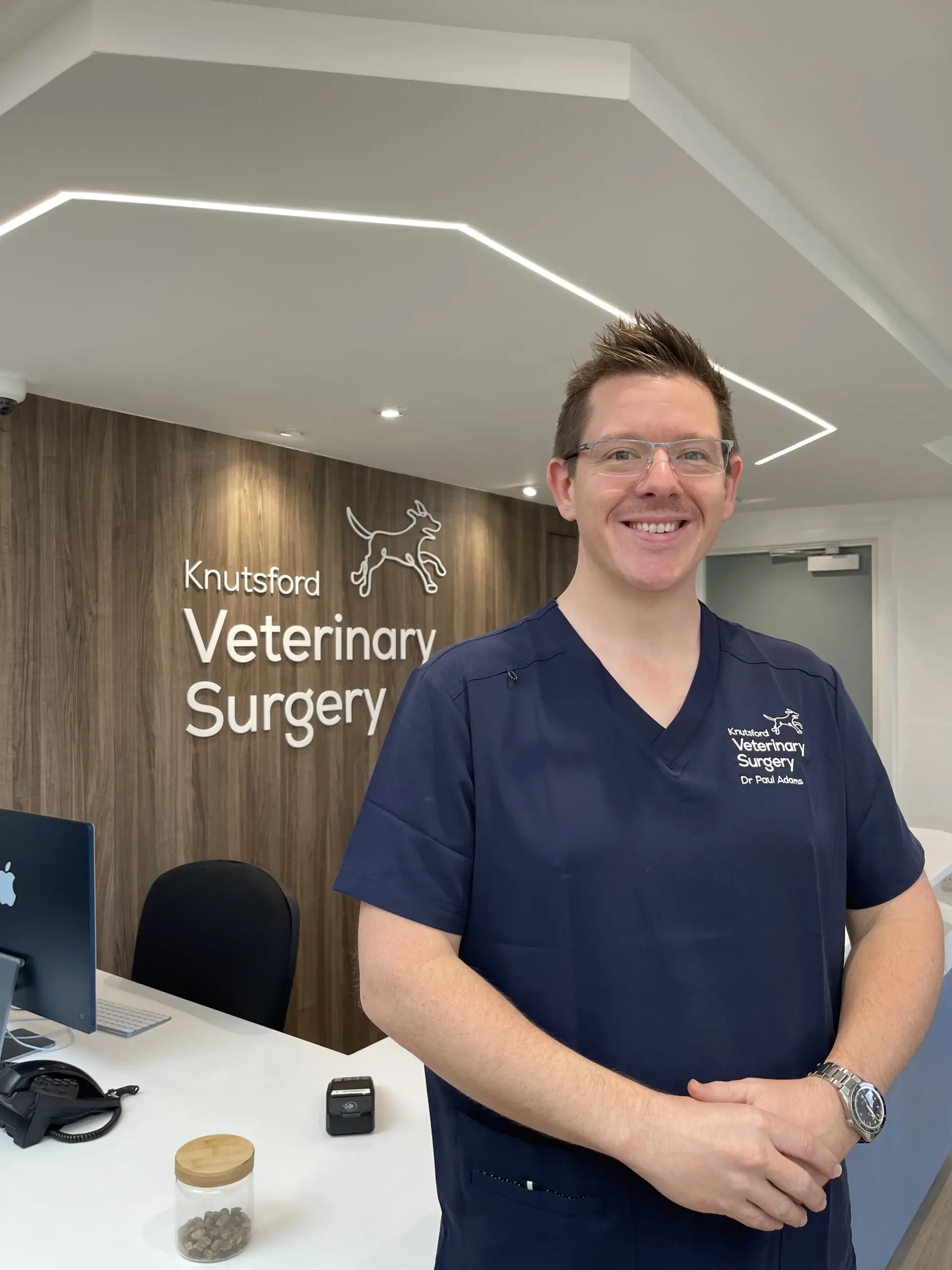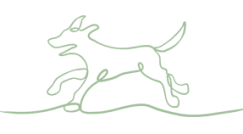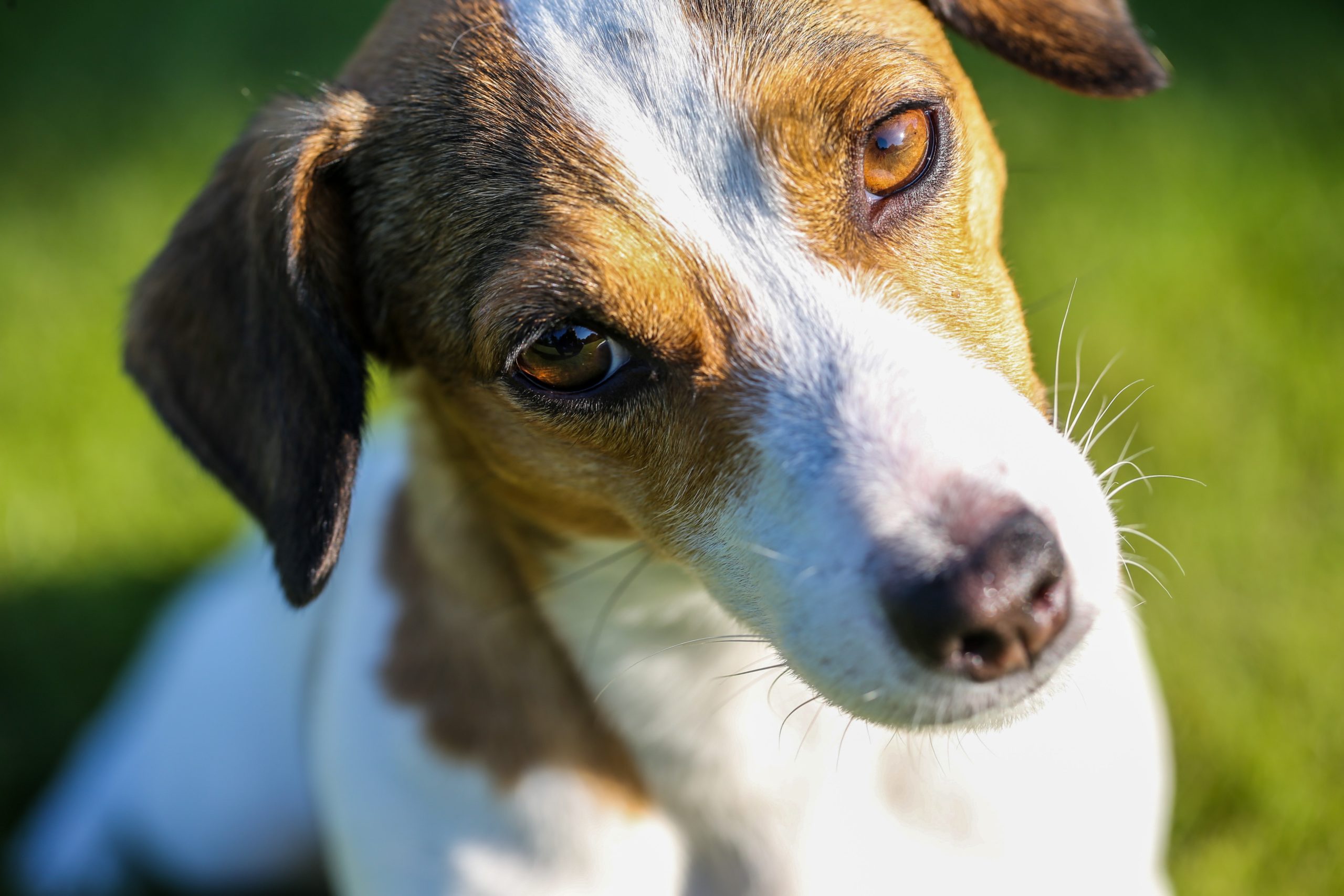Information ahead of your dog neutering appointment in Cheshire
Dog neutering is a straightforward and routine procedure that every dog should undergo unless you’re intending to breed your pet in the future. It’s performed daily by our team here at Knutsford Veterinary Surgery and to help you understand the procedure, the benefits and other important factors, we’ve put together this helpful resource on the subject.
You can book your dog neutering pre-operative check online today or simply contact our reception team by phone – they’re always happy to answer any questions that you might have. If you’re looking for information on cat neutering, visit our cat neutering page.
Your Initial Appointment
All of our dog neutering appointments will usually begin with an initial consultation to assess whether your dog is ready for the operation. We’ll assess how developed they are and whether they’re ready to be neutered. If we don’t feel it’s quite the right time to undergo the operation we’ll advise on the best time for you to return for further assessment.
If we do feel it’s time to go ahead with the procedure, we’ll find a suitable appointment time and get you booked in. We’ll also provide you with the relevant information and advice that you’ll need in order to prepare your pet for their appointment. This will include information on what your pet can eat in the days leading up to your appointment as they will be required to undergo the operation on an empty stomach.
Pre-procedure
We’ll check your pet into the surgery and get them comfortable in their surroundings before carrying out some routine tests and checks. These optional preliminary tests allow us to assess your dog’s liver and kidney function to ensure that we support their body in the correct manner once they’re under general anaesthetic.
We’ll then sedate your pet and ensure that they have the correct dosage of painkillers to make the surgery as comfortable as possible. You dog will then be settled back into their kennel whilst the anaesthetic takes effect.
Once your pet is anaesthetised it is then intubated (tube placed into the windpipe) to allow us to provide oxygen and anaesthetic gas to keep your pet anaesthetised. Once asleep, hair is shaved from the surgical site and the skin is scrubbed with an antibacterial solution. Surgery is now ready to begin.
The Procedure
The neutering procedure is a straightforward one that our team perform daily here at Knutsford Vets. However, as an owner, it can be useful to know how the day will go in order to set your mind at ease.
Bitch neutering
Neutering – also known as spaying – your bitch is a simple procedure that will take around 20-30 minutes to complete. Abdominal surgery is performed from one side, where we will remove both ovaries. The incision is then sutured up with stitches that dissolve on their own, meaning you don’t need to book another appointment to have them removed. Your pet will then be given another injection of longer acting painkillers and allowed to wake up from the anaesthetic.
Dog castration
The male castration is a much quicker procedure lasting around 10-15 minutes. Both testicles are removed through an incision just in front of the scrotum. The incision is then stitched closed using a combination of buried sutures and stitches within the skin. Your pet will be given an injection of painkillers and allowed to wake up.
What age should I get my dog neutered?
We treat all instances on their individual merits when it comes to advising on the correct time for dog neutering. However, some basic timelines are as follows: –
Male castration
The age of castration in male dogs will usually depend on breed and maturity. Small dogs which mature rapidly may be castrated from 6 months of age, whilst bigger dogs require testosterone to grow. For bigger dogs the age of castration is more likely to be around 10 – 18 months of age.
More detailed information on how we decide age can be found on our dog castration blog.
Bitch spaying
With females there are a number of factors to consider and there is no set age. Neutering can take place before a season, around 6-7 months of age or 3 to 3.5 months following a season. The first season generally occurs around 10-11 months of age.
More information on the subject can be found on our article focussing on female dog neutering.
The Benefits
There are a wide range of benefits to neutering your dog or bitch. By seeking advice on the correct time to neuter your pet you’ll maximise these benefits even further.
Male dogs
There are a number of key reasons why castration is always a smart thing to do if you own a male dog. These include: –
- Behaviour – if you complete the procedure at the right time castration can root out aggressive and protective behaviours. It’s also likely to reduce awkward sexual behaviours such as humping.
- Health – by removing the testicles you are removing any issues that may be directly associated with them including tumours. It can also reduce the risk of a number of hormone driven diseases.
- Population control – uncastrated males can often stray in pursuit of unneutered bitches in oestrus. This can lead to some awkward encounters and could lead to them impregnating a bitch if left unattended.
Visit our blog on the subject for more information on the benefits of castration.
Female dogs
Similar to with male dogs, there are a number of benefits of spaying your bitch. These include: –
- Preventing unwanted pregnancy – if your dog comes into contact with an unneutered male dog and is in season you are risking an unwanted pregnancy.
Health problems – spaying your bitch can prevent a number of issues including mammary tumours, cystic endometrial hyperplasia and pyometra infection
- False pregnancies can be distressing for dogs in which they may begin producing milk and start performing behaviours associated with pregnancy
Visit our blog about bitch spaying to find out more about the benefits of the procedure.
Detriments of dog neutering
A neutered male dog can be at a greater risk of obesity if precautions aren’t taken. As neutering changes a dog’s hormone make up, their metabolism will change and so they don’t need to be fed the same or as much as they were fed before they were neutered. Making sure that your dog gets plenty of exercise and you are monitoring his weight will keep on top of this problem and prevent problems that come with obesity such as arthritis, diabetes and heart disease.
It is important to remember that the benefits greatly outweigh the drawbacks of dog neutering. Here at Knutsford Veterinary Surgery we recommend that you get your dog neutered before he reaches sexual maturity at six to nine months of age. That way, he’s unlikely to develop unwanted habits. Call 01565 337999 to enquire or feel free to pop in to see our experienced veterinary team in Knutsford.
Aftercare
Neutering your dog is a routine procedure and your pet will not normally require an overnight stay in the surgery. However, there are still a number of precautions that you may be required to undergo in the days following the procedure. These include: –
- Wearing a collar for the first few days following their operation to stop your dog chewing the stitches
- Monitoring the incision for any infection or a change of appearance. If you notice anything untoward, contact us immediately
- Don’t handle your pet in the area surrounding the wound unless absolutely necessary to reduce the risk of infection
- Abstain from bathing your pet to avoid infection and don’t let them swim in any water for a couple of weeks following the operation.
Your vet or nurse will advise you of the full aftercare that will be required upon collecting your pet so you can be sure you take the necessary precautions.




